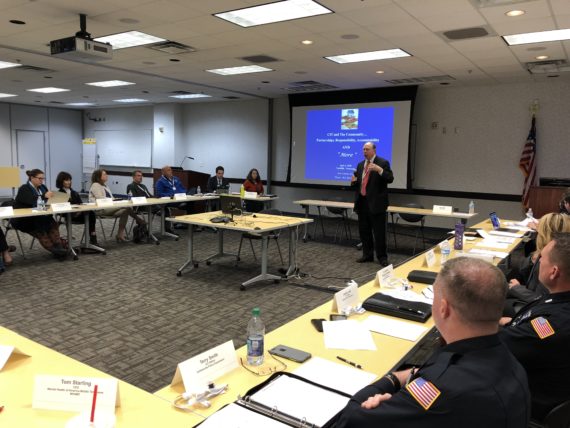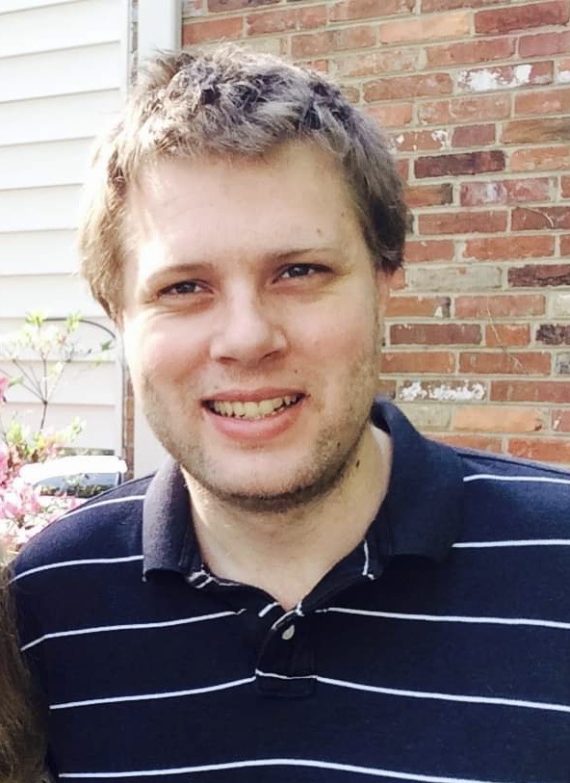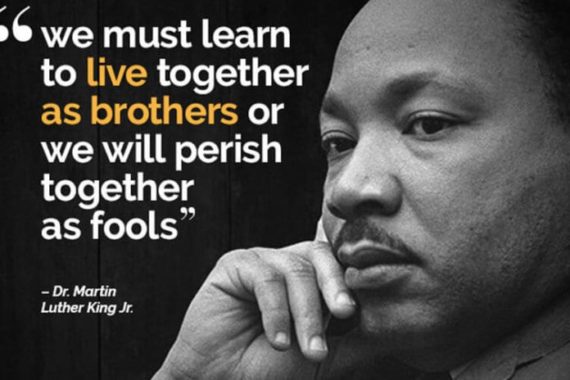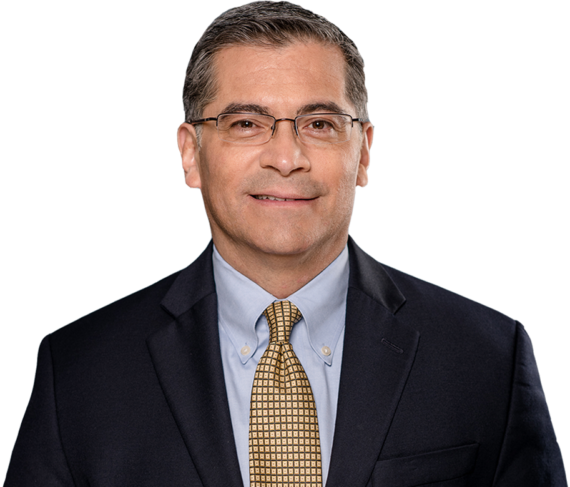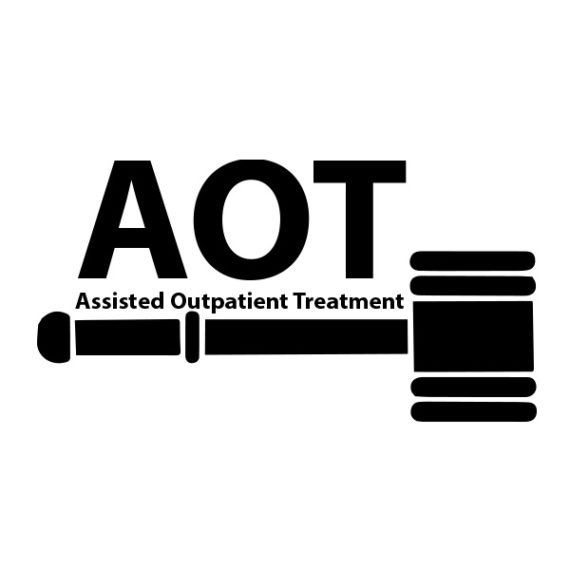
(2-1-21) I posted a blog in December by several peer leaders urging the Biden Administration to reverse a slew of actions that Dr. Elinore McCance-Katz implemented while Assistant Secretary for Mental Health and Substance Abuse. Not surprisingly, two of her biggest political backers, Dr. E. Fuller Torrey and Dr. Sally Satel, are urging the new administration to do just the opposite – to continue and build on her policies. Their argument was published today in The National Review and also sent to me.
Don’t Undo The Trump Administration’s Mental Health Reforms
By Dr. E. Fuller Torrey and Dr. Sally Satel
Those with the most severe mental illnesses had a great friend in Trump’s Department of Health and Human Services. President Biden must build on that legacy.
As the executive orders pile up and President Biden seeks to distance his administration from President Trump’s, he should be careful to preserve and learn from the things Trump got right.
One such positive legacy is the work of Dr. Elinore McCance-Katz on improving services for people with serious mental illnesses. McCance-Katz resigned in early January after almost four years as the first assistant secretary for mental health and substance use and the director of the Substance Abuse and Mental Health Services Administration (SAMHSA), which runs point on federal mental-health policy.
